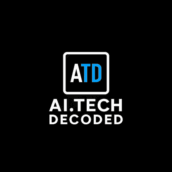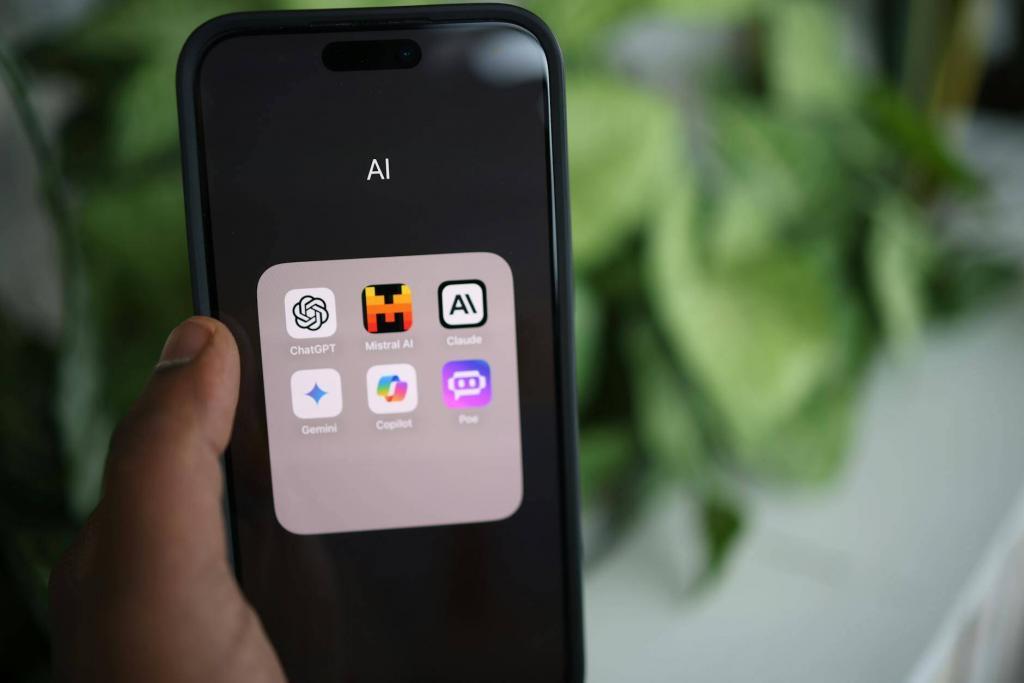The Big Question in 2025
It’s the question that’s on everyone’s mind: Will AI replace your job? I can’t open a news site without at least one article on this topic. Top tech companies are talking about it all the time.
With automation, machine learning, and generative AI becoming everyday tools, people are understandably anxious about the future of work. But here’s the thing—experts say the answer isn’t as black and white as you might think.
How AI Is Changing the Workplace
Artificial intelligence is reshaping industries in ways we couldn’t have imagined even a decade ago. From automating repetitive tasks in retail and banking to assisting doctors with faster diagnoses, AI is everywhere. According to recent reports, AI adoption in 2025 is higher than ever, with businesses big and small using it to cut costs and boost productivity.
Jobs Most at Risk
Let’s be candid—some jobs are more vulnerable to AI than others. Positions that revolve around routine tasks, such as data entry, telemarketing, and certain customer service roles, are seeing rapid shifts toward automation. According to a 2023 report by Goldman Sachs, as many as 300 million jobs globally could be affected by AI-driven automation by 2030, especially in administrative and office support sectors.
But here’s the silver lining: while technology is phasing out some traditional roles, it’s also paving the way for brand-new opportunities. The World Economic Forum projects that by 2025, AI could create 97 million new jobs across areas like data analysis, cybersecurity, and digital marketing. Despite uncertainty, adapting and learning are key strengths in the AI era.
Jobs That AI Can’t Replace
Creativity, empathy, and complex problem-solving remain very human strengths. Jobs in teaching, healthcare, leadership, and design are difficult to fully automate because they rely on emotional intelligence and human connection. Even in tech, AI engineers, data scientists, and cybersecurity experts are in higher demand than ever. As one futurist put it, “AI won’t replace you, but someone using AI might.”
The Rise of Hybrid Roles
One of the biggest trends experts highlight in 2025 is the rise of hybrid roles—jobs where humans work side by side with AI. For example, marketers now use AI to generate campaign ideas, but they’re still the ones deciding which ones resonate with customers. Journalists use AI to gather information faster, but the storytelling? That’s still a human art. This blending of skills is reshaping job descriptions across industries.
Upskilling: Your Best Defense
So, what’s the smartest move you can make in 2025? Upskilling. Learning how to use AI tools effectively makes you more valuable, not less. Whether it’s mastering prompt engineering, learning coding basics, or diving into data analysis, workers who adapt are finding new opportunities instead of losing them. Platforms like Coursera, LinkedIn Learning, and even free AI tools are helping people stay ahead of the curve. My son is entering his last year of high school and he will soon have to choose which program to go to in College and University. The reality is, he needs to think about how best to fit his skills into an AI driven world. How to best choose a program that will work in unison with AI and human skills.
What Experts Really Say
Experts agree: AI isn’t coming for everyone’s job—it’s coming for tasks. McKinsey reports suggest that by 2030, around 30% of work tasks could be automated, but entire professions won’t vanish overnight. Instead, job roles will evolve. Think of AI as the calculator of our generation: it changes the way we work but doesn’t eliminate the need for human workers.
Practical Advice for Workers in 2025
1. Identify which parts of your job can be automated—and get good at the parts that can’t.
2. Build soft skills like communication, leadership, and creativity. These are future-proof.
3. Embrace AI tools instead of fearing them. The more fluent you are, the more opportunities you’ll find.
4. Keep learning. Continuous education is no longer optional; it’s a survival.
Conclusion: The Future Is Human + AI
So, will AI replace your job? The short answer: not exactly. AI will replace tasks, streamline workflows, and reshape industries, but people who adapt, learn, and innovate will find more opportunities than ever before. The future of work in 2025 isn’t humans vs. AI—it’s humans with AI.



